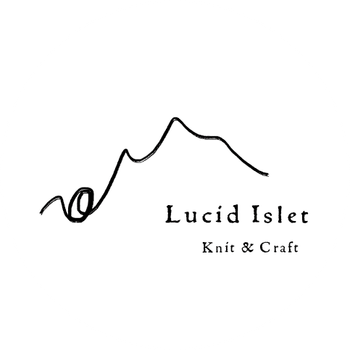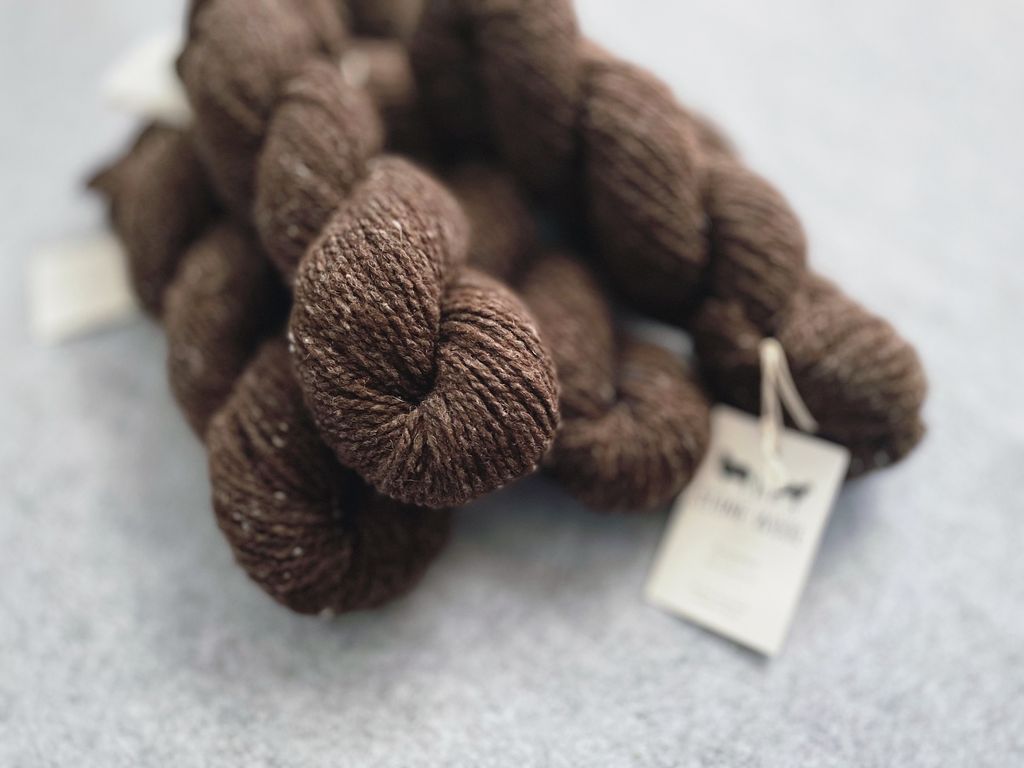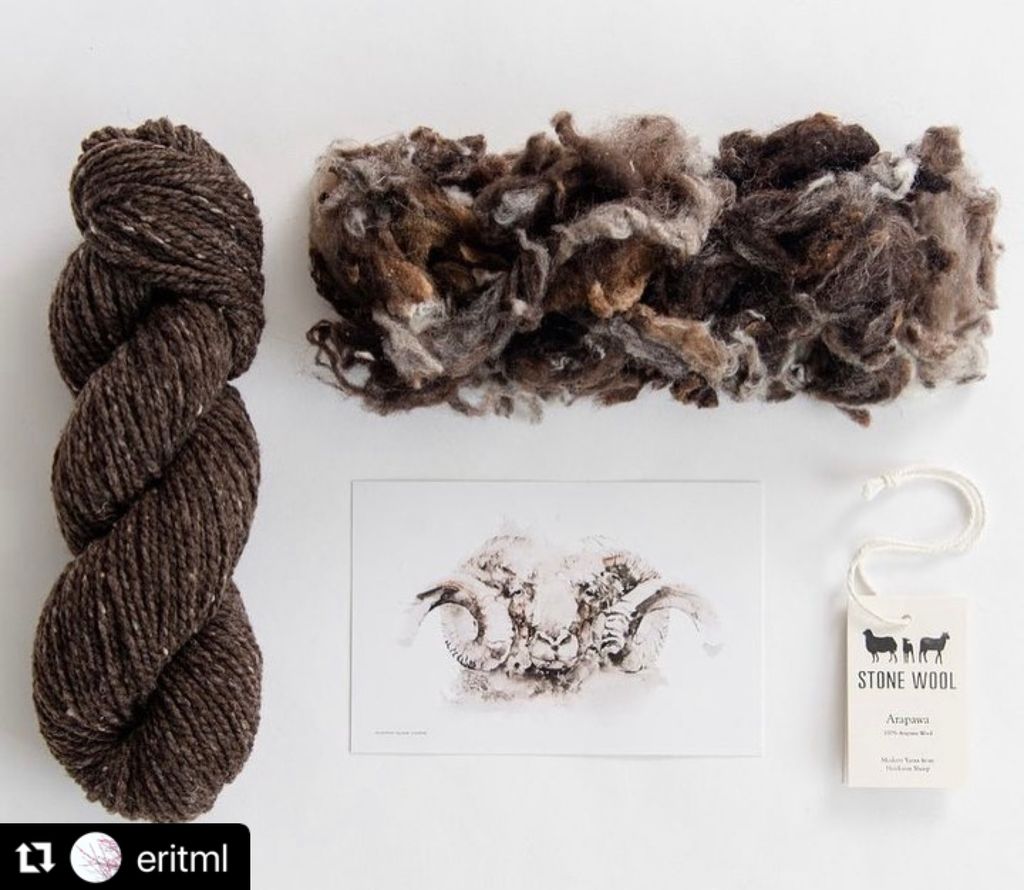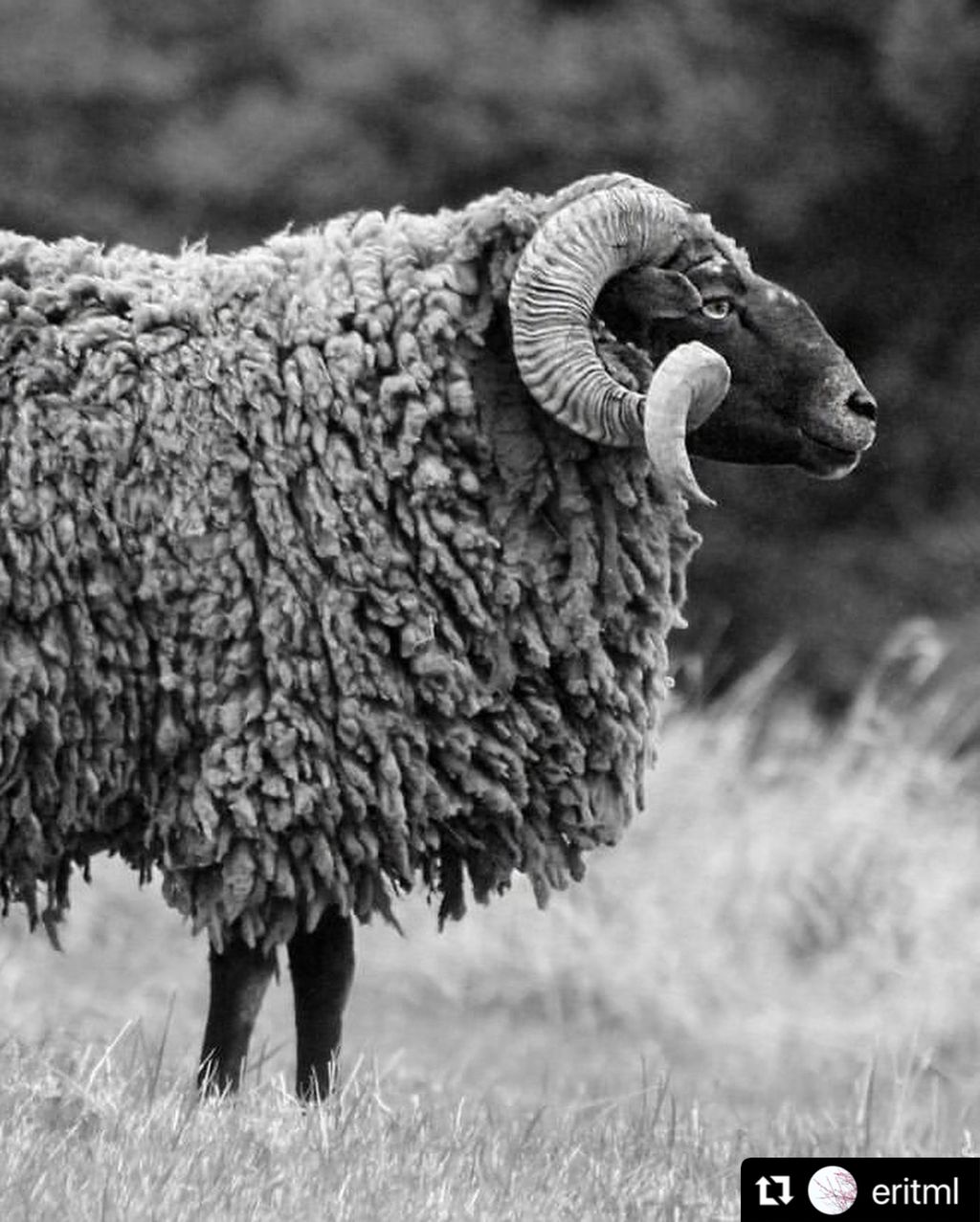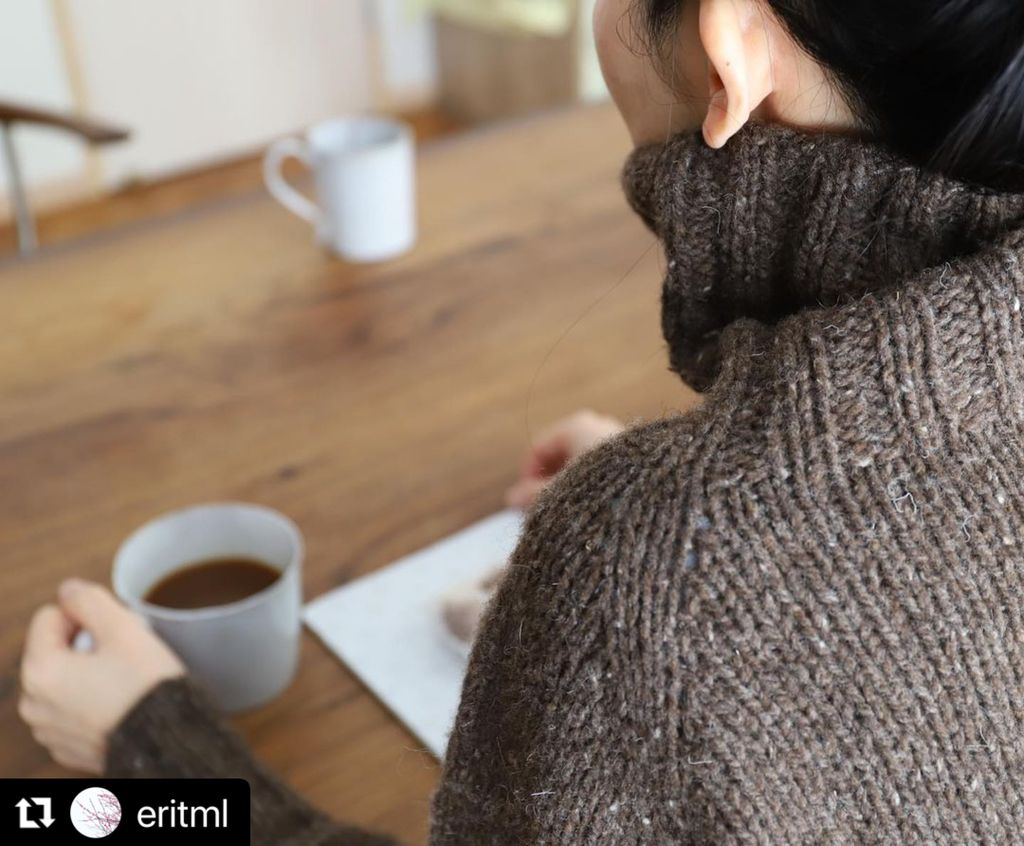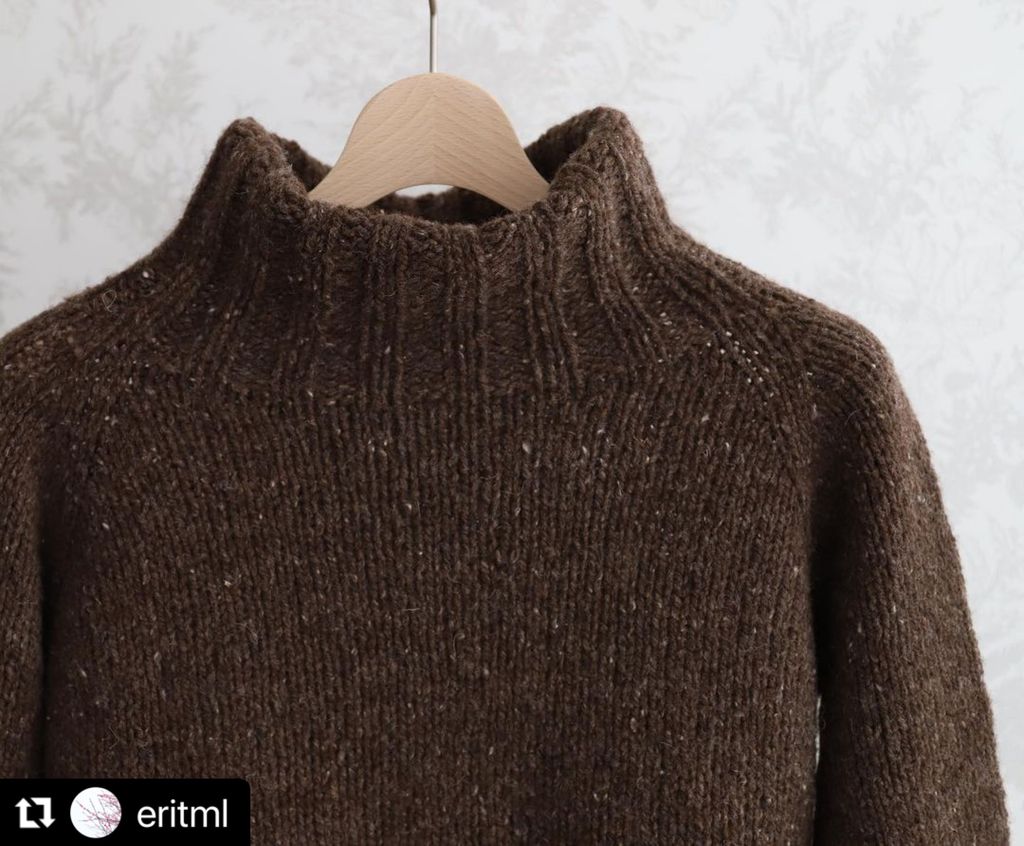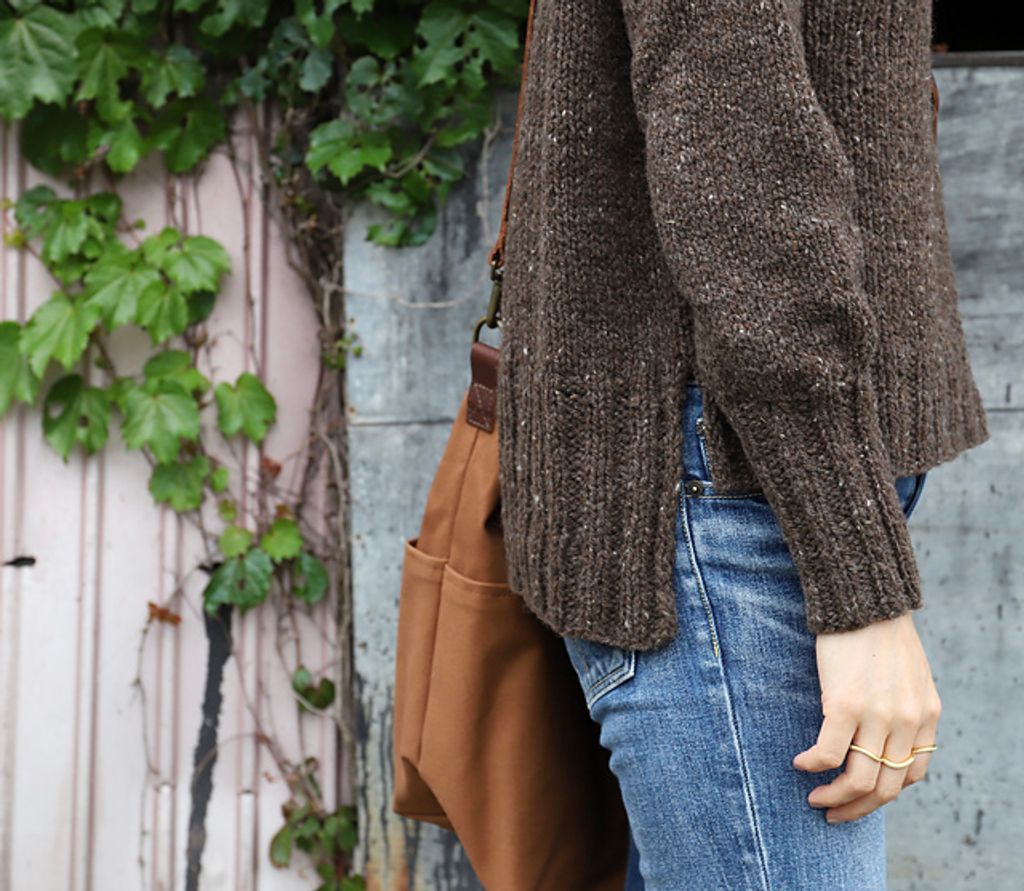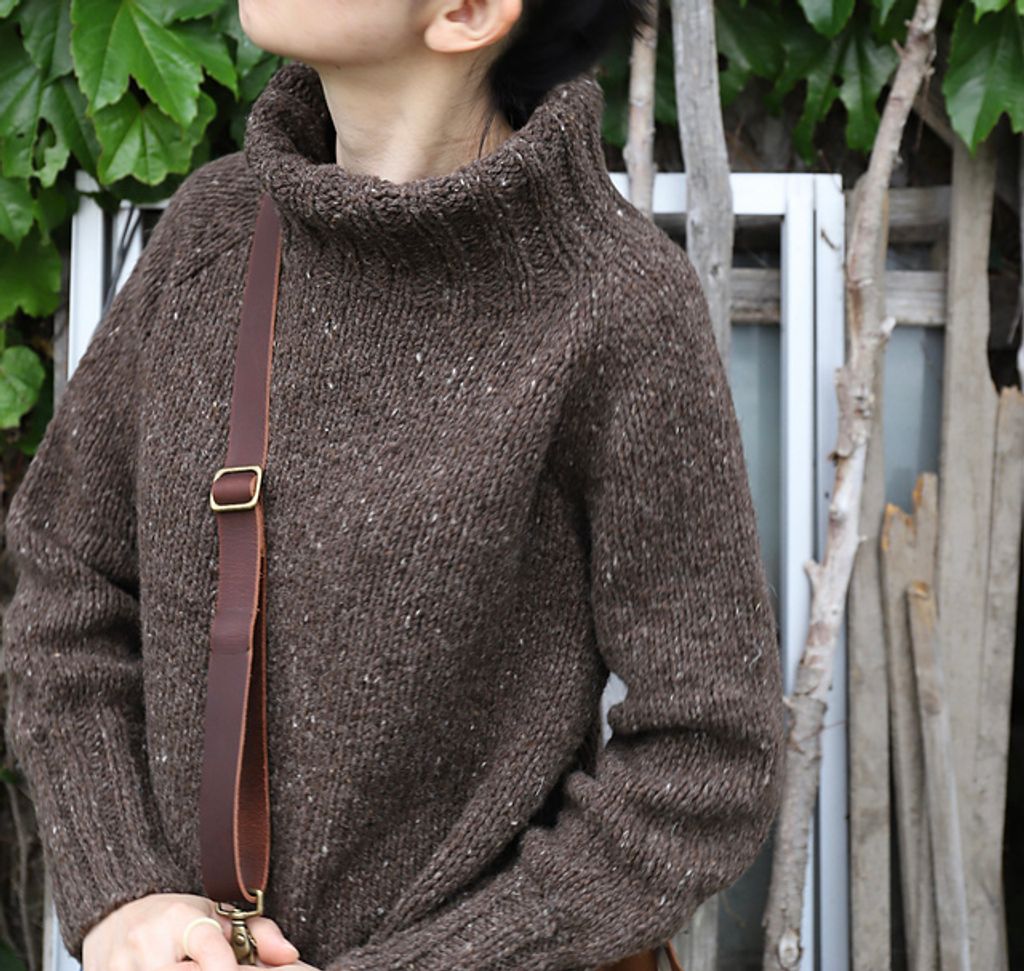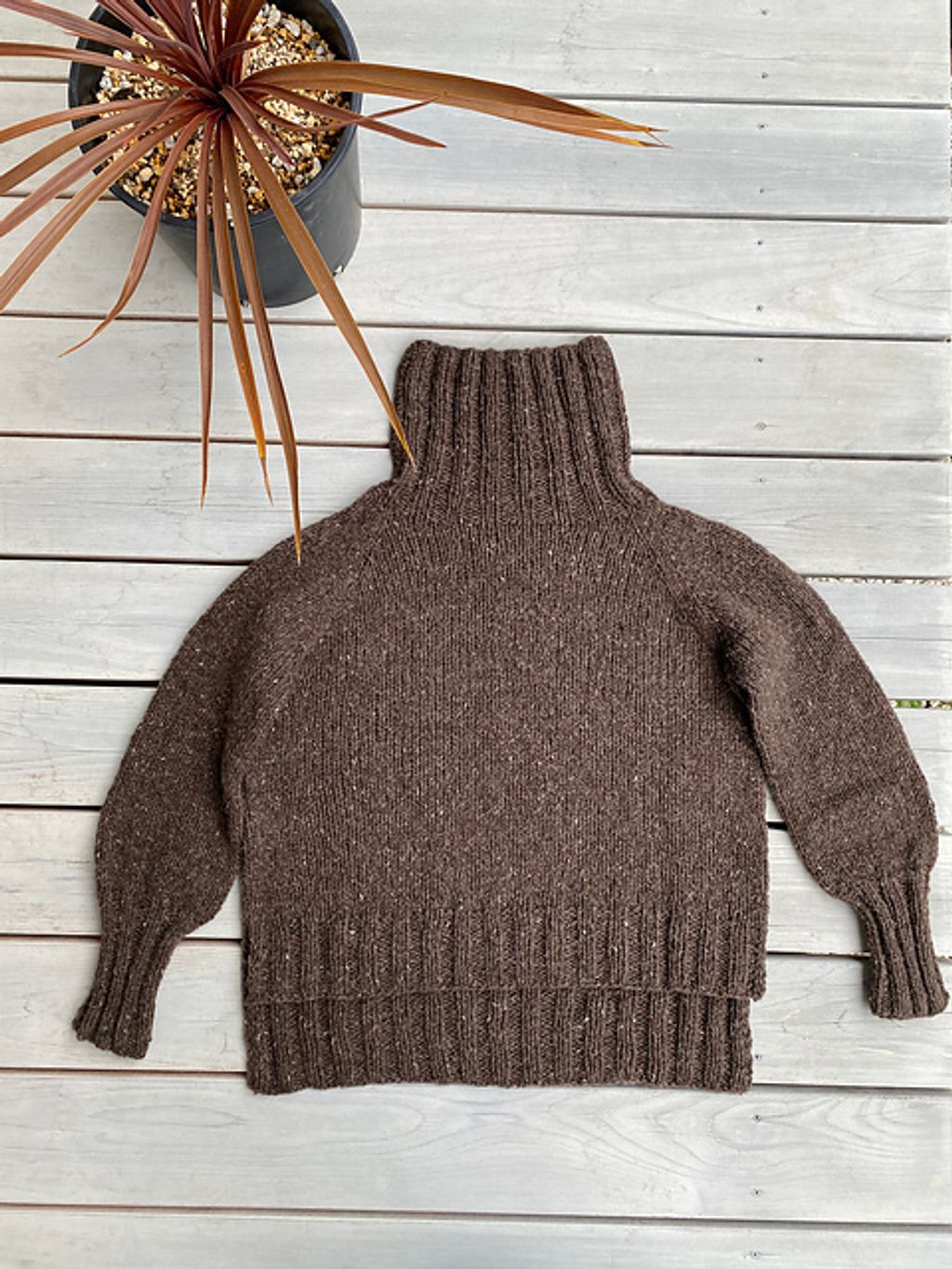Stone Wool is limited to Arapawa wool threads
Arapawa, a special breed of sheep with large curly horns, native to a small island of the same name off the coast of New Zealand, is a sheep breed related to Merino wool, which is said to have been abandoned by a whaling ship a long time ago and evolved into a hardy wild breed.
Arapawa's wool comes in rich shades of brown, black, grey and creamy white. Stone Wool spun a non-dyed, warm brown tweed wire with a soft, dry and light feel that has the texture of high-grade wool!
- Wire Composition: 100% Arapawa Wool (New Zealand Special Breed).
- Weight / Cable length per ball: 50g/101m
- Wire thickness: Worsted, 2ply
- Recommended needle size (rod): 5 mm
- Fabric density: 16 needles x 16 segments=10cm
*Original thread for Arapawa Sweater by Shimizu Eri
*Fabric density and needle size: 6mm rod needle, 13 needles with flat needle knitting * 18 segments = 10cm
▷ Arapawa Sweater Material Pack
(The weaving chart is authorized by Eriさん, and the translation of the Chinese version has been completed, and the Chinese, Japanese, and English versions of the weaving chart can be purchased from Eriさん's Ravelry https://www.ravelry.com/patterns/library/arapawa-sweater.)
(* Before December 31, 2023, you can enjoy a 7% discount on the purchase of Arapawa Sweater Fabric on this official website!
【Brand Story】
Stone Wool from the United States is a branch brand of Quince &Co. / Twig &Horn that mainly produces small batches of "specific breed" wool.
In 2014, Whitney Hayward, a photojournalist, started her interest in hand-spinning at home, collecting a variety of different varieties of wool from New England, discovering the characteristics of different varieties of wool, and the changes and influences of different spinning methods on each type of wool.
Because of the love of different varieties of wool yarn, and in order to let more people know, Stone Wool joined the Quince &Co./ Twig &Horn team to start producing Stone Wool's woven yarns, and as far as possible, in the vicinity of their hometowns, to produce specific varieties of yarn in small batches to ensure the stability of quality and source.
If you like to explore the wire made from different sheep breeds in the world, you must not miss Stone Wool!
